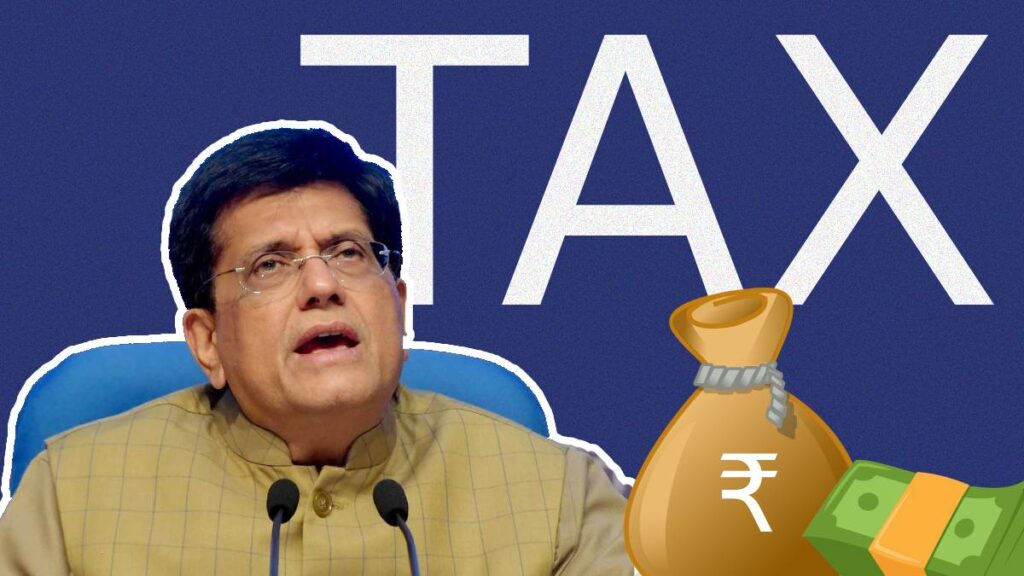Indian startups that want to return to India or engage in reverse flipping will be required to pay taxes, according to Piyush Goyal, the Minister of Commerce and Industry. Goyal explained in an interview with the Economic Times that deciding which returning companies should be exempt from taxes is challenging, as their departure was motivated by selfish reasons. He emphasised that it wouldn’t be fair to waive taxes for companies simply because they are returning to India.
Piyush Goyal on Angel Tax and Startup Trends
The Minister of Commerce and Industry, Piyush Goyal, explained that the angel tax was introduced to prevent dishonest entities from inflating their value and creating artificial capital.
Many Indian startups based abroad are considering moving their base back to India, a process known as reverse flipping. These startups operate in various sectors like fintech, e-commerce, stock broking, healthcare, and edtech.
Bhavish Aggarwal, the founder of Ola Cabs, Ola Electric, and AI startup Krutrim, recently shared that most funding for Indian companies has gone to firms located in India. He warned that relocating companies outside India was often influenced by short-term investors. Aggarwal advised entrepreneurs to stick to the principle of incorporating their businesses where they truly belong despite pressures to domicile them abroad.
Government Focuses on Bringing Indian Startups Back Home
Last year in March, the government noticed that many Indian startups were based abroad. To address this, they formed a committee to find ways to encourage these startups to move back to India, particularly to the International Financial Services Centre in the Gujarat International Finance Tec-City.
Minister Piyush Goyal directly pointed out that many Indian companies chose to move abroad out of their self-interest. He emphasized that their return to India wasn’t driven by altruism but rather by a desire to benefit from India’s thriving market and better valuations for their businesses. This development coincides with several Indian unicorns, such as Zepto, Groww, Meesho, Pine Labs, Razorpay, and Eruditus, considering relocating their headquarters back to India.
Piyush Goyal Addresses Tax Concerns for Startups
Piyush Goyal mentioned that the tax bill for startups returning to India through reverse flipping would come from the income they initially saved taxes on. He highlighted that paying taxes would contribute to various national welfare initiatives like scholarships for poor children, building homes, or improving living conditions in slums.
Regarding angel taxes, Goyal explained that valuation norms were introduced to regulate dubious companies involved in illegal transactions or artificial capital creation. He acknowledged the indirect impact of these norms on startups and emphasized the need to balance regulations to prevent misuse while supporting legitimate startup growth.
These statements coincide with the trend of Indian startups based in the US and Singapore considering returning to India for their IPO aspirations. Many of these companies are urging the government to streamline regulatory processes and reduce tax obligations for those planning such a move. The issue gained attention in late 2022 when PhonePe, a digital payments company backed by Walmart, paid $800 million in taxes to relocate its headquarters to India. This move followed PhonePe’s separation from e-commerce giant Flipkart as an independent entity.
Also Read: Startup Mahakumbh: PM Modi Addresses Entrepreneurs, Know the Key Highlights
9Unicorns’ Fifth Global Demo Day: Over 20 Startups Set to Secure $110M in Funding
Flytant, a Bengaluru-based Influencer Marketplace, Secures Seed Feeding from ShuruUp
